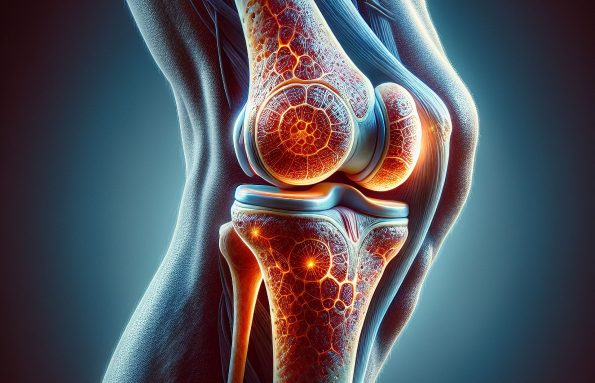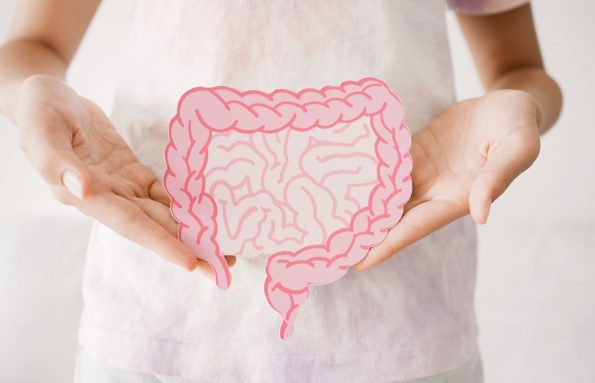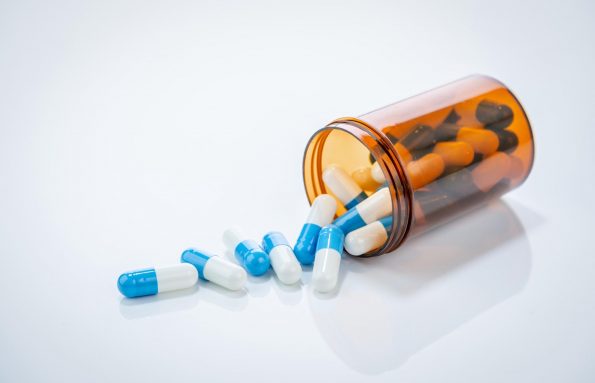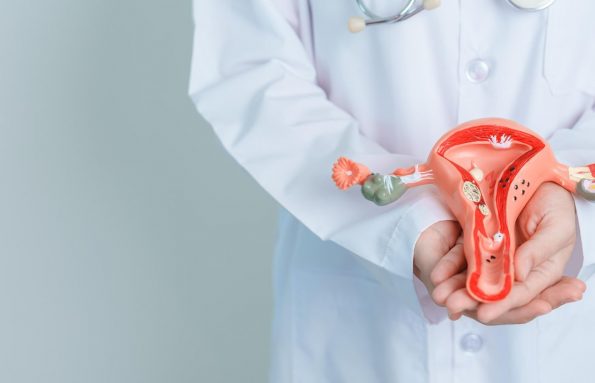What is GERD?
Gastroesophageal reflux disease occurs when stomach acid repeatedly flows back into the esophagus and bathes the esophagus causing severe inflammation thus destroying the inner lining of the organ. In most simple terms, it is a subjective feeling of heartburn and stomach upset, and on rare occasions, may even mimic a heart attack at times causing severe chest pain behind the breastbone. Signs and symptoms of
GERD include: heartburn, regurgitation of acid contents into the mouth, cough, hoarse voice given refluxate causing irritation of vocal cords, and frequent night-time awakening.
What causes GERD?
The most common causes of
GERD are consuming spicy and fatty foods, being overweight, smoking and drinking alcohol or consuming excess caffeine. Chronic steroid use and bearing multiple pregnancies also predispose patients to chronic reflux and development of hernia. These factors can weaken the lower esophageal sphincter, a muscle that normally keeps the stomach acid from entering the esophagus. As a result, acid can flow back into the esophagus and cause the burning sensation that is characteristic of GERD.
People with the following conditions are also more likely to develop it than others:
- Morbid obesity
- Multiple pregnancies
- Connective tissue disorder
- Smoking
- Consumption of excess alcohol
- Delayed stomach emptying (diabetics)
Treatment of
GERD consists of the following four approaches:
Dietary and lifestyle modifications
- If you are overweight, lose weight.
- Avoid acidic foods, including caffeinated beverages.
- Avoid foods that decrease pressure in the lower esophagus, such as alcohol, peppermint and fatty foods.
- Avoid foods that affect peristalsis (movement of the esophagus)
- Foods that prolong gastric emptying, such as fatty foods, should be avoided
- Avoid large meals, eat smaller meals throughout the day
- Quit smoking
- Avoid lying down soon after a meal
- When you lie down, elevate your head
Medication
When dietary and lifestyle changes do not relieve your
GERD, your doctor may prescribe you medication. There are two categories of medication that your doctor may prescribe: those that reduce the level of acid in your stomach, and those that increase the level of movement in your upper gastrointestinal tract. In severe cases, you might get prescribed both types of medications.
Endoscopic therapy
Transoral incisionless fundoplication (TIF) is a time-effective, less invasive option to address
GERD, in comparison to laparoscopic or robotic surgery. This technique involves creating a passageway for an endoscope (flexible tube-like imaging instrument), to allow the physician to repair or recreate the valve that serves as a natural barrier to reflux using preloaded tweezers and fasteners. Today, there is even an endoscopic therapy option that uses a sewing machine to place sutures in the stomach to increase the barrier against reflux.
Surgery
If all other methods of treatment haven’t provided relief, surgery is a reasonable alternative. In case of a hiatal hernia, surgery is often the only option to reduce the stomach back into the abdomen where it belongs to restore normal anatomy. A anti-reflux procedure is also feasible for patients who have a long history of taking proton pump inhibitors (PPIs), which are medicines that inhibit the production of stomach acid or those who are not responding to PPIs anymore.In select cases, patients are often offered surgery given side-effects of long-term consumption of PPIs.
Surgery for GERD involves a procedure known as fundoplication, where your surgeon wraps the upper part of your stomach around the lower esophagus thus creating a new anti-reflux valve. This procedure provides adequate relief from reflux, obviating the need for use of PPIs.
As with any surgery, there are always risks involved. The risks of GERD surgery include bleeding, infection, iatrogenic esophageal or gastric injury, dysphagia, and a 10-15% chance of GERD/hernia recurrence.
Why should I be afraid of GERD?
Whilst
GERD may be considered a harmless condition, it can lead to more serious complications, including dysplasia, Barrett’s esophagus, and esophageal cancer, especially when left untreated.
Barrett’s esophagus
is a complication that could be caused by GERD. This condition involves the lower esophagus being lined with cells that resemble those in the intestinal lining. Barrett’s esophagus itself is not cancerous but it can increase your risk of developing esophageal cancer.
Dysplasia
refers to the growth of atypical cells in Barrett’s esophagus with high predisposition to become cancerous. Dysplasia ranges from low-grade to high-grade and depending on the severity of dysplasia, the esophagus may warrant endoscopic therapy and surveillance.
Esophageal cancer
is cancer of the esophagus. It is a very serious cancer because it usually gets identified in later stages (stage III or IV). GERD patients with long-standing and severe symptoms are at high risk for esophageal cancer and should be screened regularly for the severity and progress of their condition.
The following factors can increase the risk of developing dysplasia, Barrett’s esophagus, and esophageal cancer in patients with GERD:
- Age:People over the age of 50 are more susceptible to dysplasia and esophageal cancer.
- Gender: Males are more likely to develop esophageal cancer.
- Smoking:increases risk of developing esophageal cancer, especially if you have GERD.
- Obesity:This is a high-risk factor for both GERD and esophageal cancer.
- Family history:If someone from your family has had esophageal cancer, then you are more likely to develop it too.
- Duration and severity of symptoms: Dysplasia, Barrett’s esophagus, and esophageal cancer are more likely to develop in patients with long-term and severe GERD symptoms.






